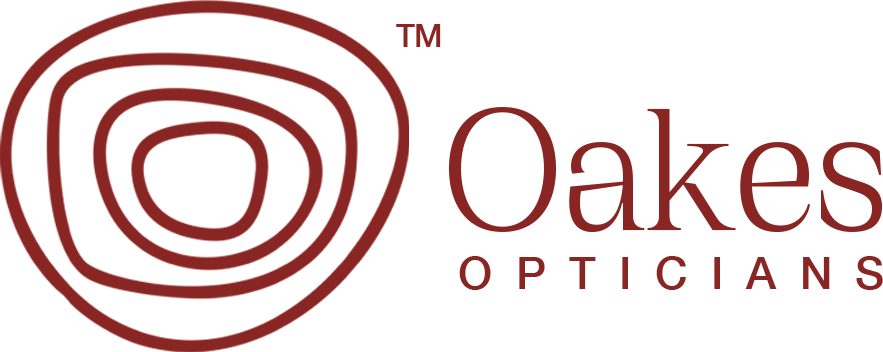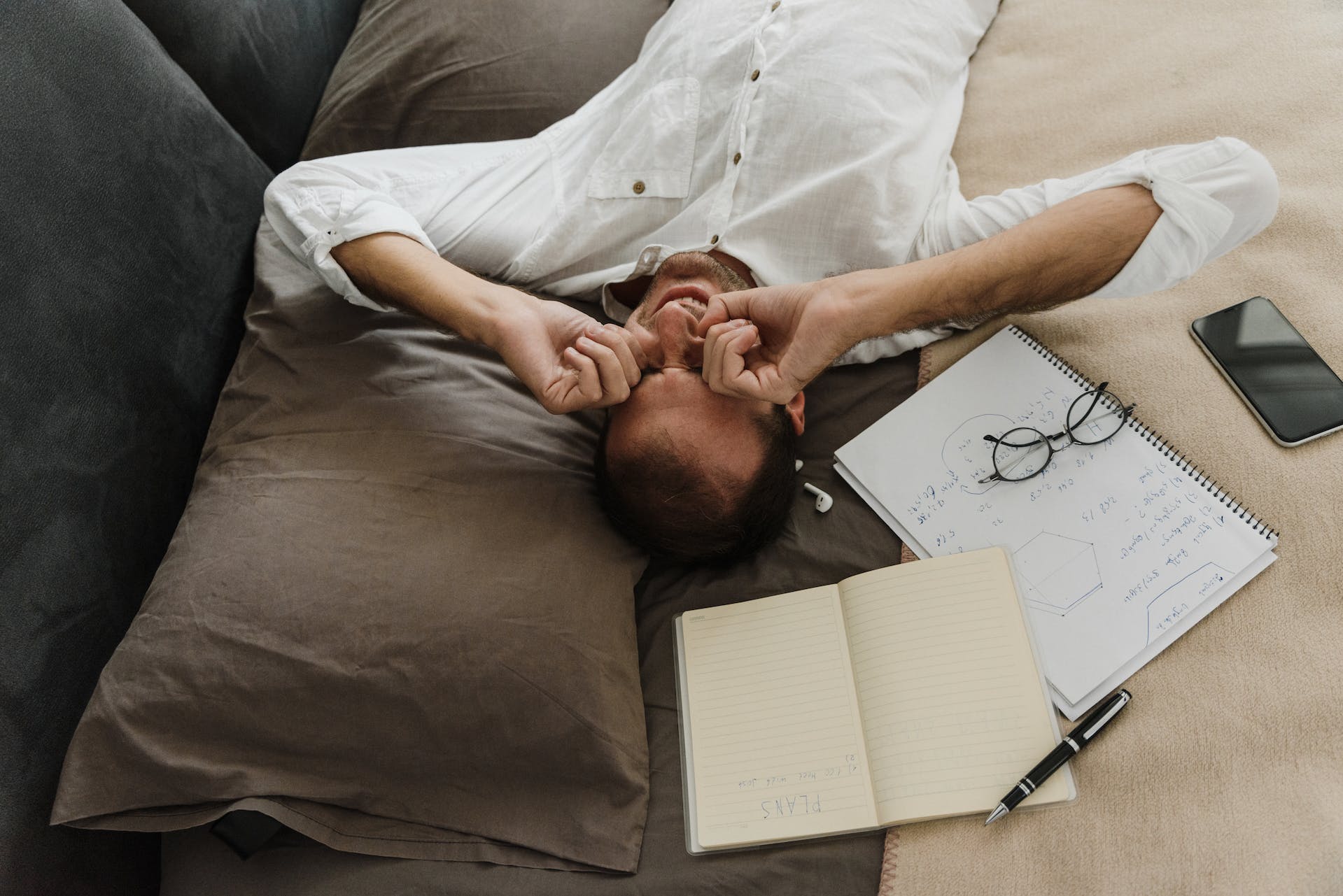Tired of squinting at the world? Do you feel like your vision isn’t as crisp as it used to be? Your sleep habits may have something to do with it. While a good night’s rest might not magically erase all your vision woes, studies show a clear link between sleep and eye health. So, grab your eye mask and snuggle in because we’re diving into the fascinating world of sleep and your peepers.
While you slumber, your body isn’t just catching zzz’s. Your hardworking eyes are also getting some much-needed rest. Here’s what happens behind those closed lids:
- Cellular repair: Sleep triggers important cellular repair processes in your eyes, helping to restore and regenerate tissues damaged by daily wear and tear.
- Fluid drainage: During sleep, fluid buildup in your eyes is effectively drained, reducing puffiness and improving morning vision clarity.
- Tear production: Sleep deprivation can disrupt tear production, leading to dry eyes and discomfort. Adequate sleep ensures your eyes stay lubricated and healthy.
- Improved focus: Getting enough rest enhances your brain’s ability to focus and regulate visual information, leading to sharper vision and better hand-eye coordination.
Understanding the intricate link between sleep and eye health requires insight into the nocturnal processes that benefit our eyes. As we traverse different sleep stages, our body uses specific functions to revitalise and replenish overall physical well-being. Simultaneously, our eyes undergo a restorative process.
Chronic sleep deprivation, on the other hand, can have detrimental effects on your eye health. A lack of sleep can increase the risk of eye diseases like glaucoma, macular degeneration and dry eye syndrome. Sleep deprivation can also lead to blurry vision, difficulty focusing, increased sensitivity to light, and annoying eyelid twitches after a restless night. Yep, sleep deprivation can be the culprit when you notice these issues coming up.
So, how much sleep is enough for those clear, bright eyes?
Most adults need 7-8 hours of sleep daily to function optimally. Aiming for this sweet spot can ensure your eyes get the rest they need to maintain healthy vision.
Sleeping Tips for Sharp Vision
- Establish a regular sleep schedule: Go to bed and wake up simultaneously each day, even on weekends, to regulate your body’s natural sleep-wake cycle.
- Create a relaxing bedtime routine: Take a warm bath, read a book, or listen to calming music before bed to signal your body that it’s time to wind down.
- Make your bedroom sleep-friendly: Keep your bedroom dark, quiet, and cool to create an environment conducive to sleep. Avoid screens for at least an hour before bed, as the blue light they emit can disrupt sleep.
- Exercise regularly: Physical activity can help you fall asleep faster and sleep more soundly, but avoid strenuous workouts close to bedtime.
- Relax your mind: If you struggle to switch off, try meditation or deep breathing exercises to calm your racing thoughts.
Remember, consistent sleep habits are essential. Making these tips a regular part of your routine will benefit your overall health and well-being and ensure your eyes wake up bright and ready to tackle the day with clear vision.
Bonus Tip: Consider incorporating eye-relaxing activities into your bedtime routine. Gentle eye stretches or warm compresses can help soothe tired eyes and prepare them for a restful night’s sleep.
Prioritise your shut-eye, and let your eyes thank you for the gift of clarity!
Sweet dreams and sharp vision!

